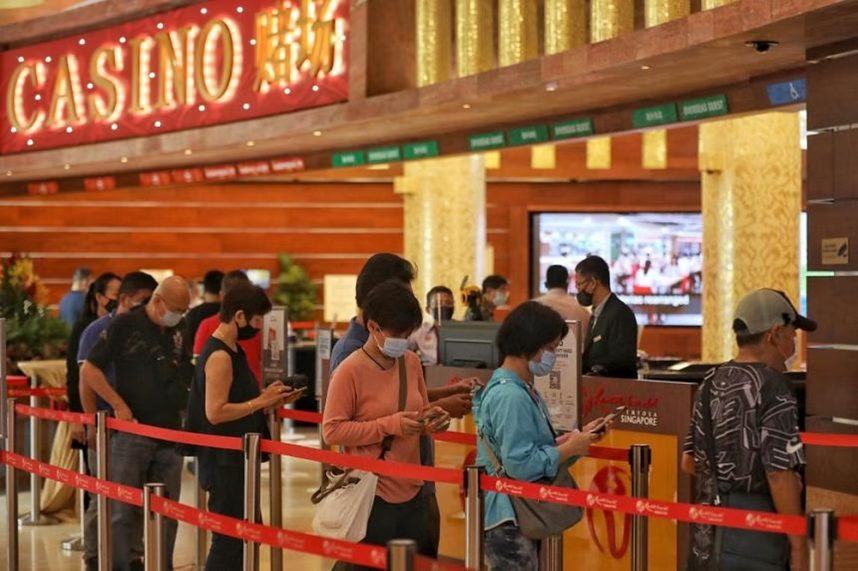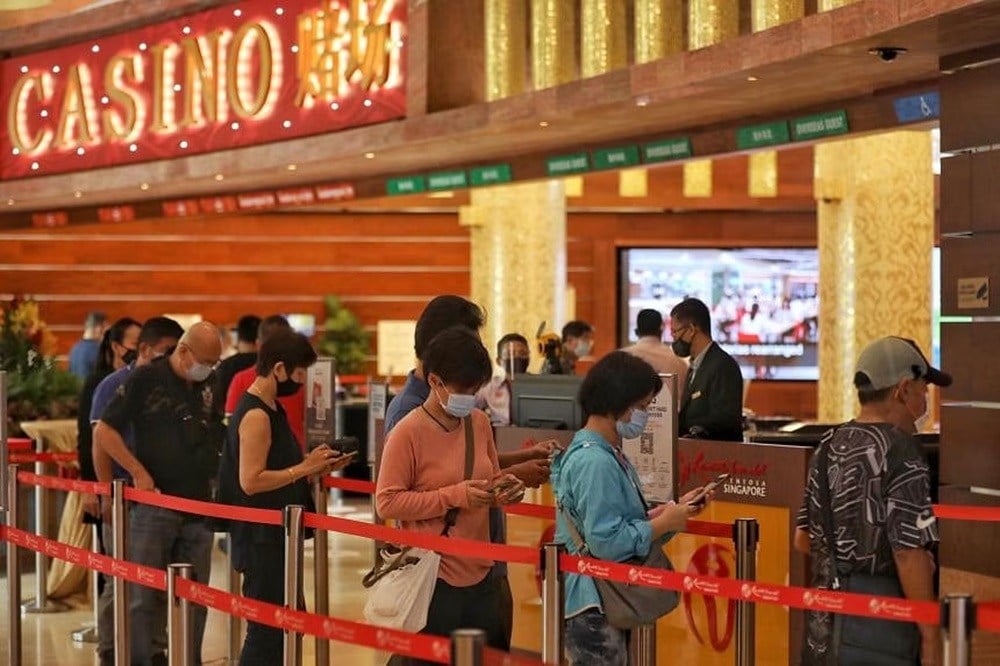Posted on: July 2, 2024, 11:18h.
Last updated on: July 2, 2024, 11:18h.
Singapore is to lower the reporting threshold on casino cash transactions as part of new measures to combat terrorism financing and money laundering, the island nation’s Gambling Regulatory Authority (GRA) said Monday.

Due diligence checks will be conducted on cash deposits of S$4K (US$3K), down from the current S$5K threshold (US$3.6k) and significantly lower than in the US casinos where transactions of US$10k or more will trigger a currency transaction report (CTR).
Singapore is home to two casino complexes, both sprawling integrated resorts, the Marina Bay Sands and Resorts World Sentosa. Together, they form Asia’s second-biggest gaming market after Macau.
In December 2023, the GRA fined Genting’s Resorts World Sentosa S$2.25 million (US$1.7 million) for failing to perform due diligence on cash transactions above the $5K threshold. It was the biggest fine the regulator had ever imposed on an operator.
Terror Threat
The new rules will bring Singapore in line with FATF (Financial Action Task Force) standards. FATF is an intergovernmental organization dedicated to combatting money laundering globally.
The GRA said the changes would be implemented this year without revealing a precise date. They were among several new strategies against money laundering laid out in Singapore’s updated National Strategy for Countering the Financing of Terrorism, published Monday.
The report noted that Singapore’s status as an open international financial, business, and transport hub makes it a target for money laundering and terrorist financing.
It identified key terrorism financing threats as Jihadist groups, such as ISIS, al-Qaeda, and Jemaah Islamiah, as well as self-radicalized individuals sympathetic to their cause. Far-right extremism was also a growing security concern, it stated.
$2.2B in Dirty Money
Actual terrorist attacks on Singapore soil are extremely rare. In 2021, a 21-year-old national serviceman in the Singapore Armed Forces, Amirull bin Ali, planned to attack worshipers at a local synagogue after becoming radicalized online, but the plot was foiled by authorities.
In the same year, a plot by a far-right extremist to attack a mosque in the city was also disrupted.
However, the Singaporeans were recently shocked by the scale of a money laundering operation that involved a network of Chinese nationals moving at least US$2.2 billion through the country’s banking system.
The network was able to hold the proceeds of overseas scams and illegal online gambling in Singapore bank accounts before converting it into high-end real estate, cars, and jewelry. The case has sparked reviews of banking regulations in the financial hub.




